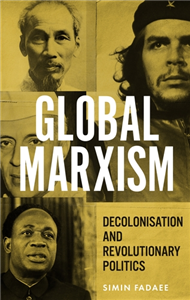The study aims to preview the governance experiences of Islamists in the modern era, indicate the extent of their success or failure, and attempt to discover the real fundamentals that assisted their establishment and the real factors that led to their failure. Further, it attempts to reveal their various influences on societies’ systems and how they have been affected by global modernity and the extent of their influence on it. The study also seeks to discover the temporal and spatial contexts for the emergence of the various Islamists’ governance experiences in the modern era and to reliably determine the causes and factors that led to their rise and failure. It moreover seeks to reveal the essence of the practices of modern political, social and institutional experiences of Islamic governance and how close or far they really are from theoretical standards, ideas and perceptions. Furthermore, it attempts to evaluate their institutional performance, know the interactions (containment and collision) between the political perception with religious reference and Western and Arab nationalist perceptions. It finally analyzes the level of interaction of Arab regimes with such experiences in terms of vision, practices, discourse, and the Western position towards them to benefit from the obstacles to success and factors of failure of each experience under consideration at either the regional level or the national level as a whole. Another objective is to use their societal influences and institutional production in building a theoretical framework and a knowledge model that can play its role in developing a vision with social and economic dimensions worthy of application. The most prominent experiences discussed by the project are: Khomeinism in Iran, Erbakan and Justice and Development in Turkey, the Muslim Brotherhood in Egypt, Al-Nahda in Tunisia, Al-Turabi in Sudan, House of Saud in the Kingdom of Saudi Arabia, Justice and Development in Morocco, the National Liberation Front in Algeria, the Bolkiah in the Sultanate of Brunei, Hamas in Palestine, Begovic in Bosnia and Herzegovina, Zia-ul-Haq in Pakistan, the Taliban in Afghanistan, the Islamic Emirate in India, Islamic Courts in Somalia, Tuaregs and Ansar Dine in Mali, and Boko Haram in Nigeria.

























